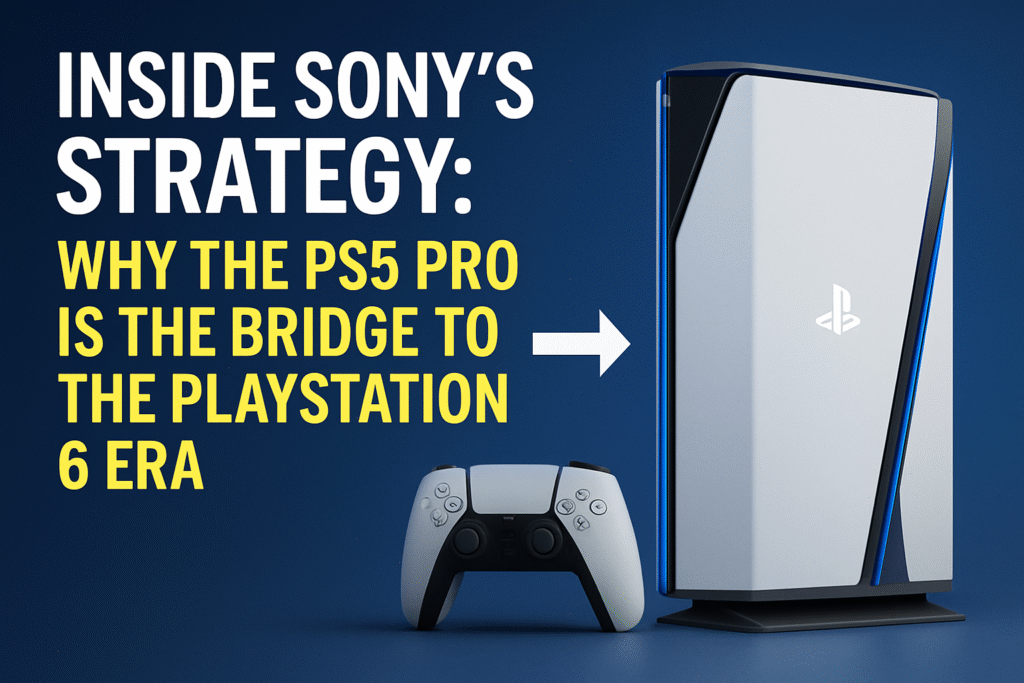
Quantum computing has long been seen as the next frontier in technology, promising to solve problems far beyond the capability of classical computers. But how close are we to unlocking this power? With recent breakthroughs and increased investments from tech giants and governments, the dream of practical quantum computing is edging closer to reality.
What Is Quantum Computing?
Unlike classical computers that use bits (0s and 1s), quantum computers use qubits—which can represent 0, 1, or both simultaneously thanks to a phenomenon called superposition. Additionally, entanglement allows qubits to be linked in ways that massively increase computing power.
These principles give quantum computers the theoretical ability to solve certain problems exponentially faster than traditional systems.
Major Breakthroughs in 2024–2025
Recent years have witnessed major strides:
- IBM unveiled a 1,121-qubit processor named Condor in late 2024, surpassing all prior architectures.
- Google Quantum AI claims to have reduced error rates in quantum gates using a new superconducting material.
- PsiQuantum is developing a photonic-based quantum computer, aiming for 1 million error-corrected qubits.
- China’s quantum program is pushing ahead with record-breaking quantum communication satellites.
These developments suggest that we are approaching the era of quantum advantage, where quantum systems outperform classical counterparts on real-world tasks.
Challenges Still Ahead
Despite the excitement, significant hurdles remain:
- Error Correction: Quantum systems are incredibly fragile. Even the tiniest environmental noise can disrupt calculations.
- Scalability: Building and maintaining thousands or millions of stable qubits is still a massive technical challenge.
- Software and Algorithms: Very few algorithms are currently capable of leveraging quantum speedups for practical use.
Until these issues are solved, commercial-scale, reliable quantum computing remains a future goal—though one that is no longer science fiction.
Quantum Computing in Industry
Many industries are watching closely:
- Pharmaceuticals: Quantum simulations could help model molecular interactions and speed up drug discovery.
- Finance: Quantum optimization can enhance portfolio management and risk assessment.
- Logistics & AI: Optimization and machine learning could be transformed by quantum algorithms.
Startups like IonQ, Rigetti, and Quantinuum are partnering with enterprises to build practical quantum applications now.
So, How Close Are We Really?
Experts believe we’re 5 to 10 years away from fault-tolerant quantum computers that could solve problems classical computers can’t. However, hybrid quantum-classical approaches are already being explored today, showing early value.
Final Thoughts
Quantum computing is no longer a distant dream. While challenges remain, the accelerating pace of innovation suggests we may witness revolutionary breakthroughs within the next decade. The quantum era is near—are we ready?





